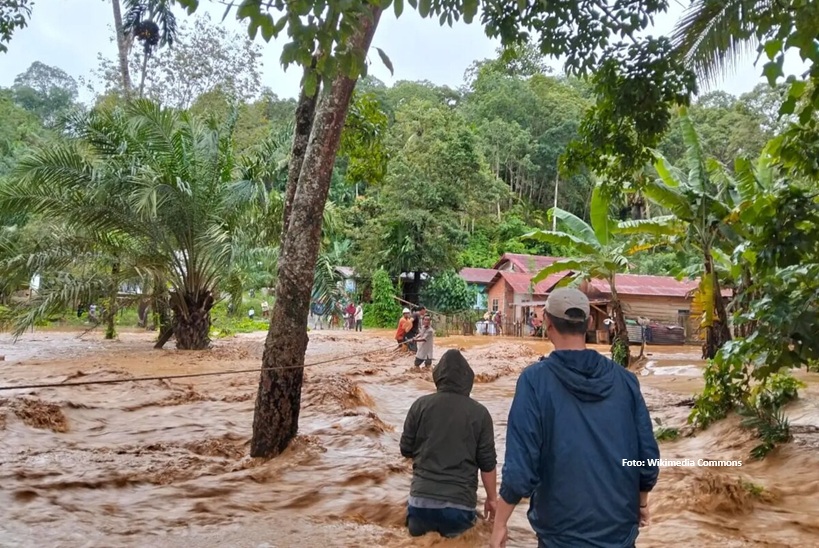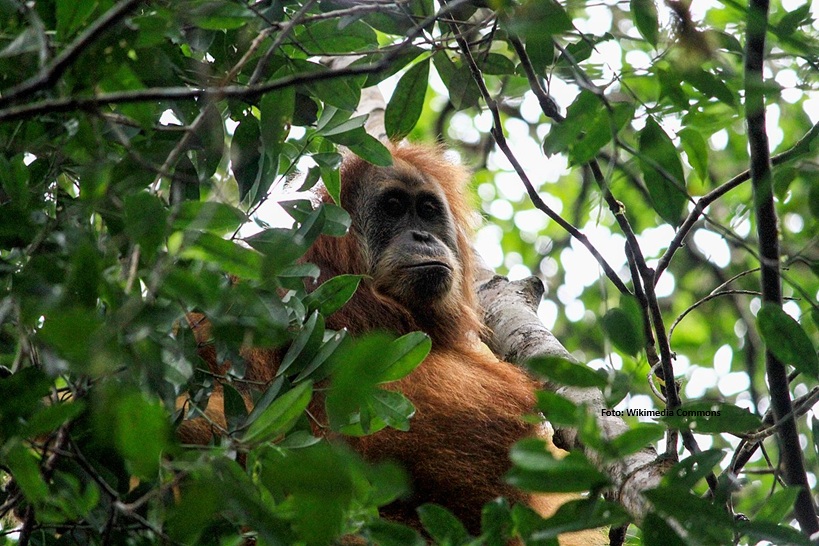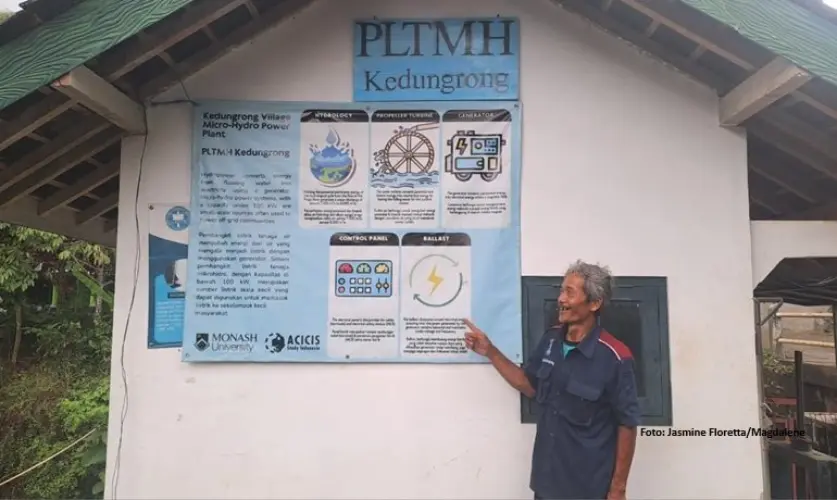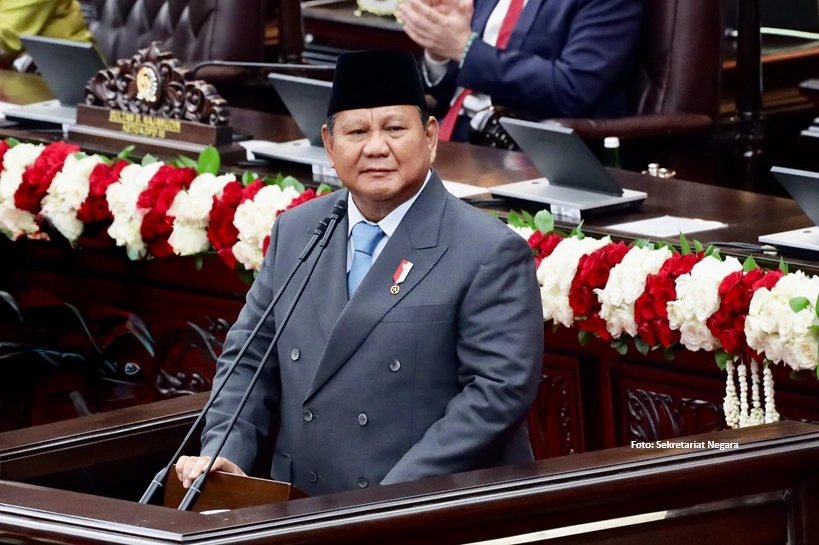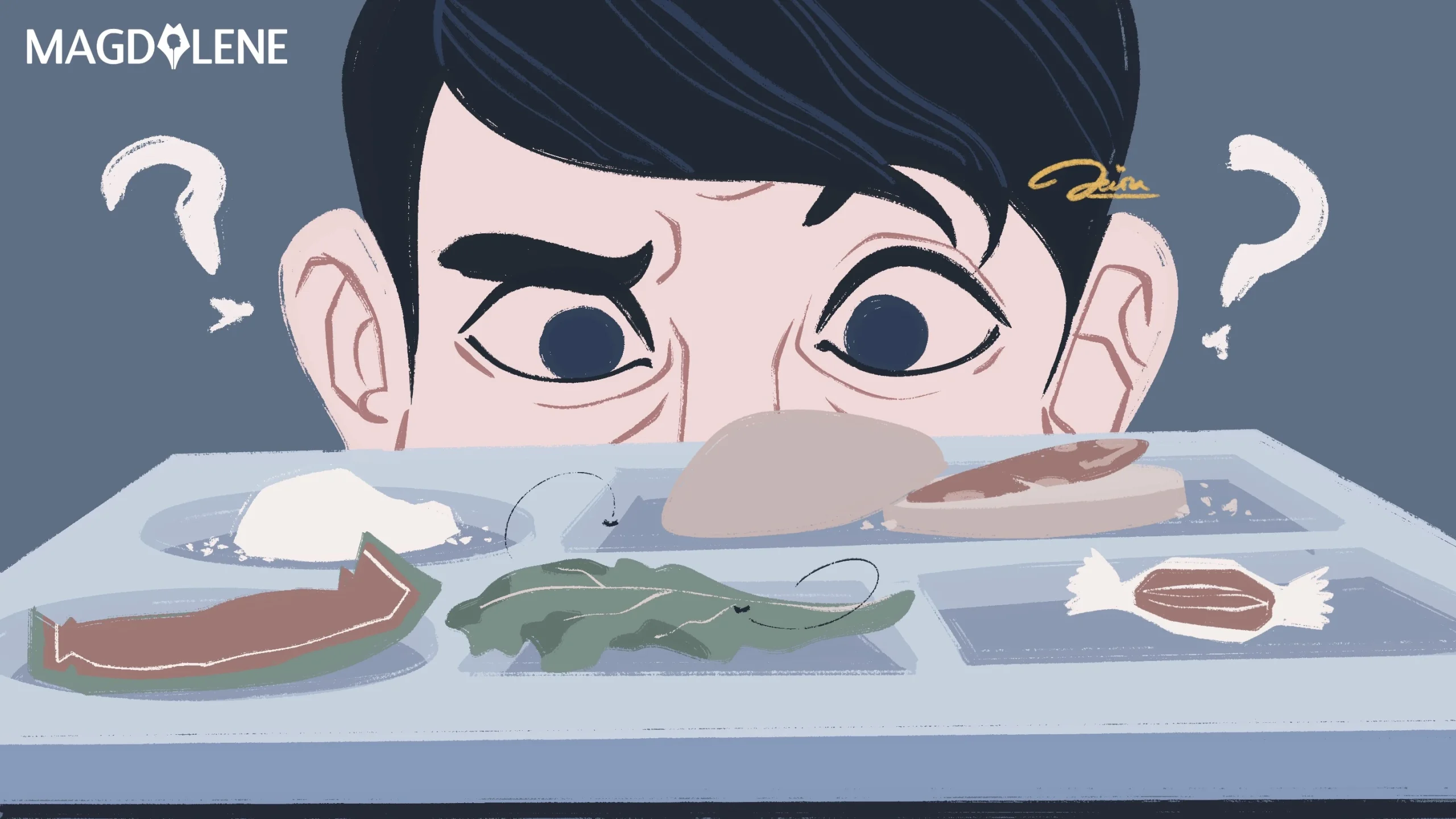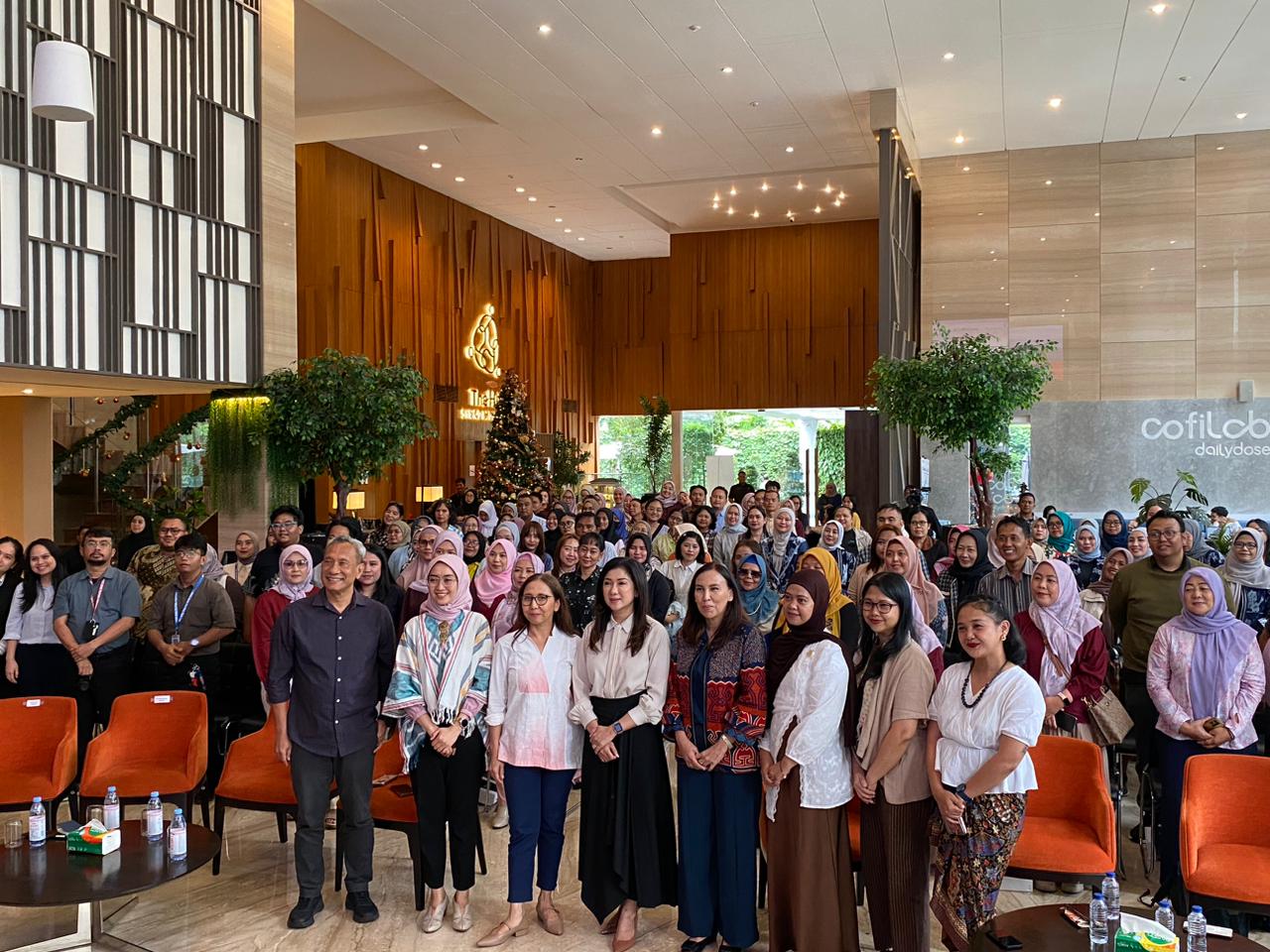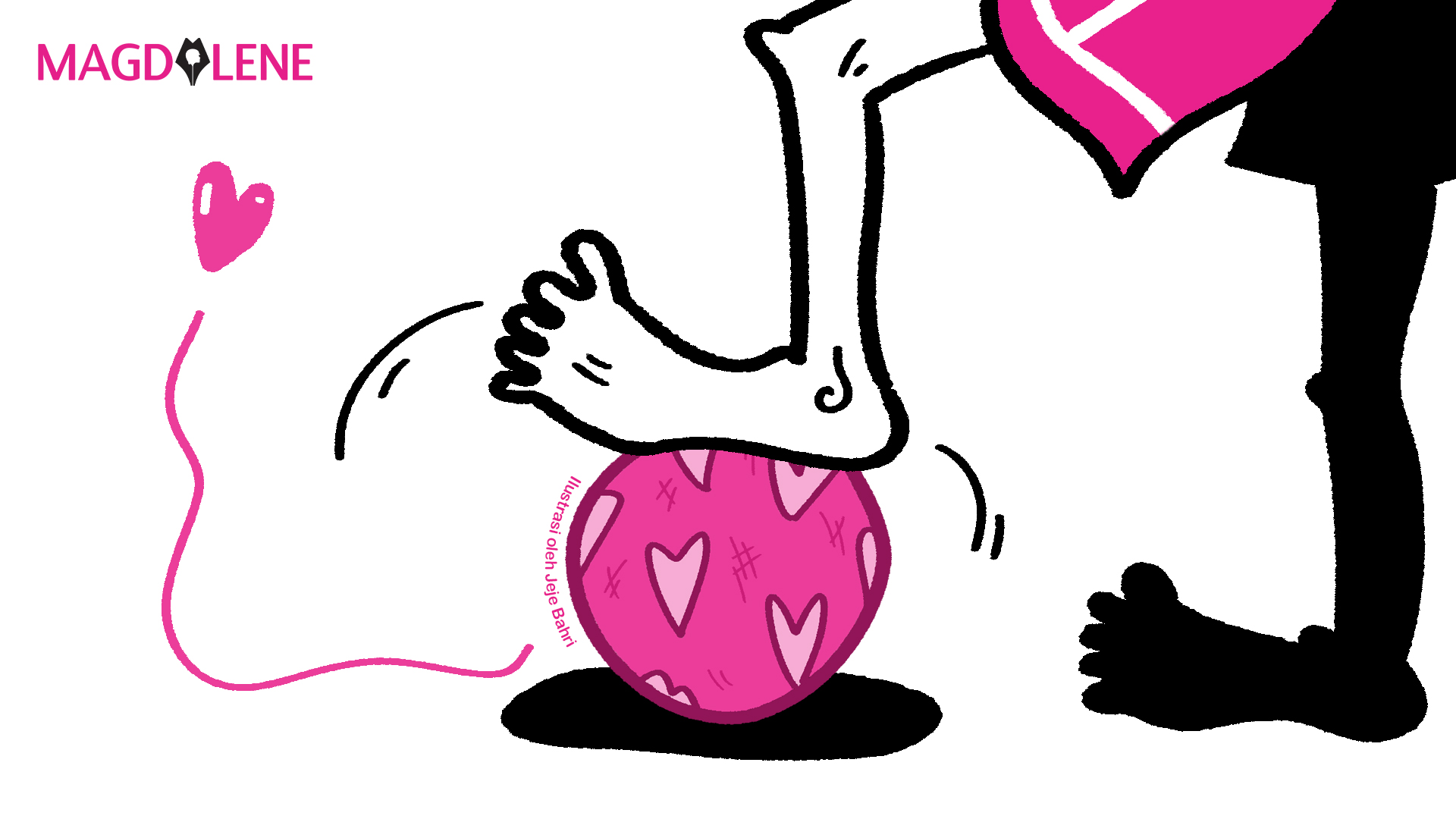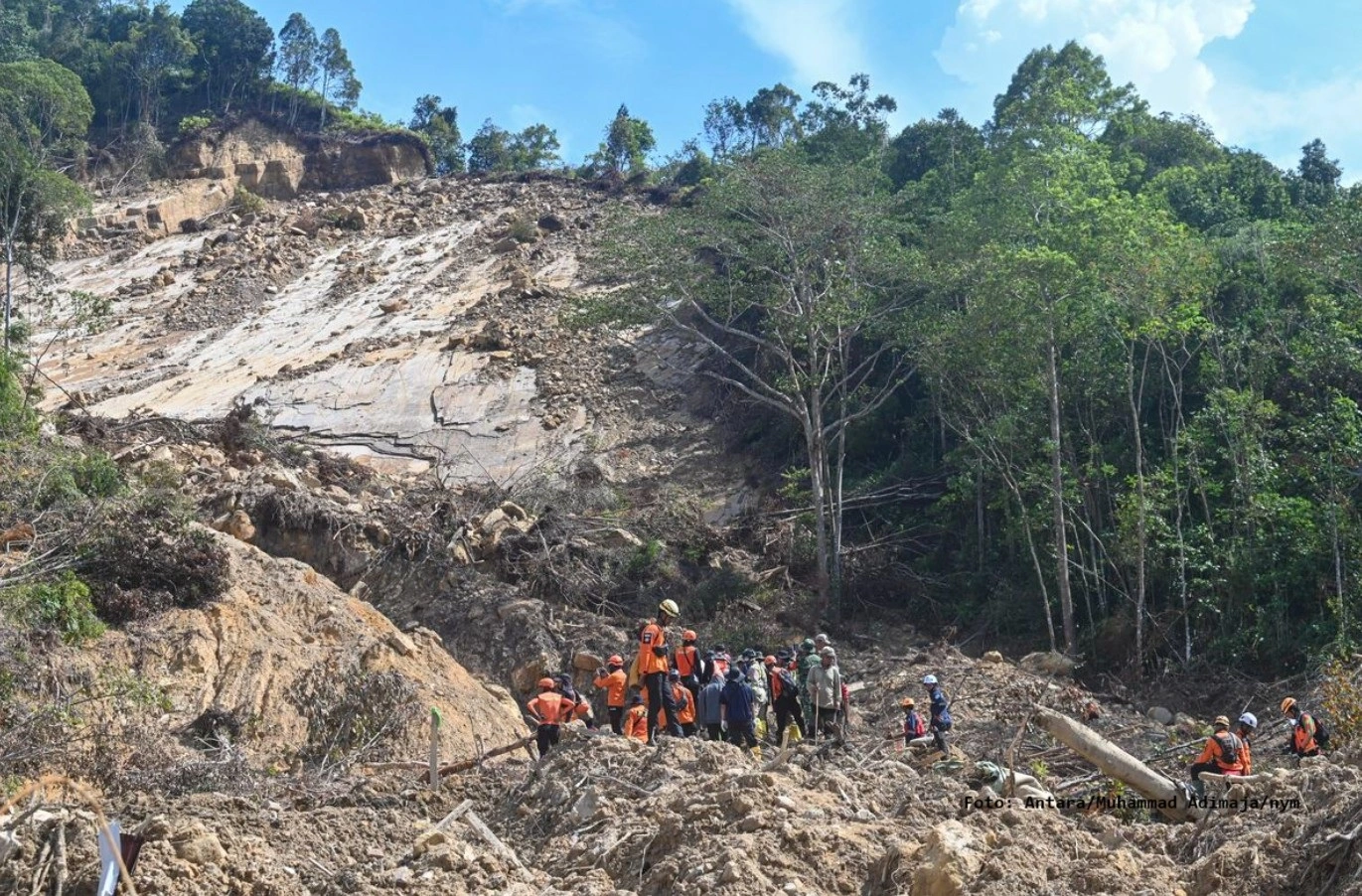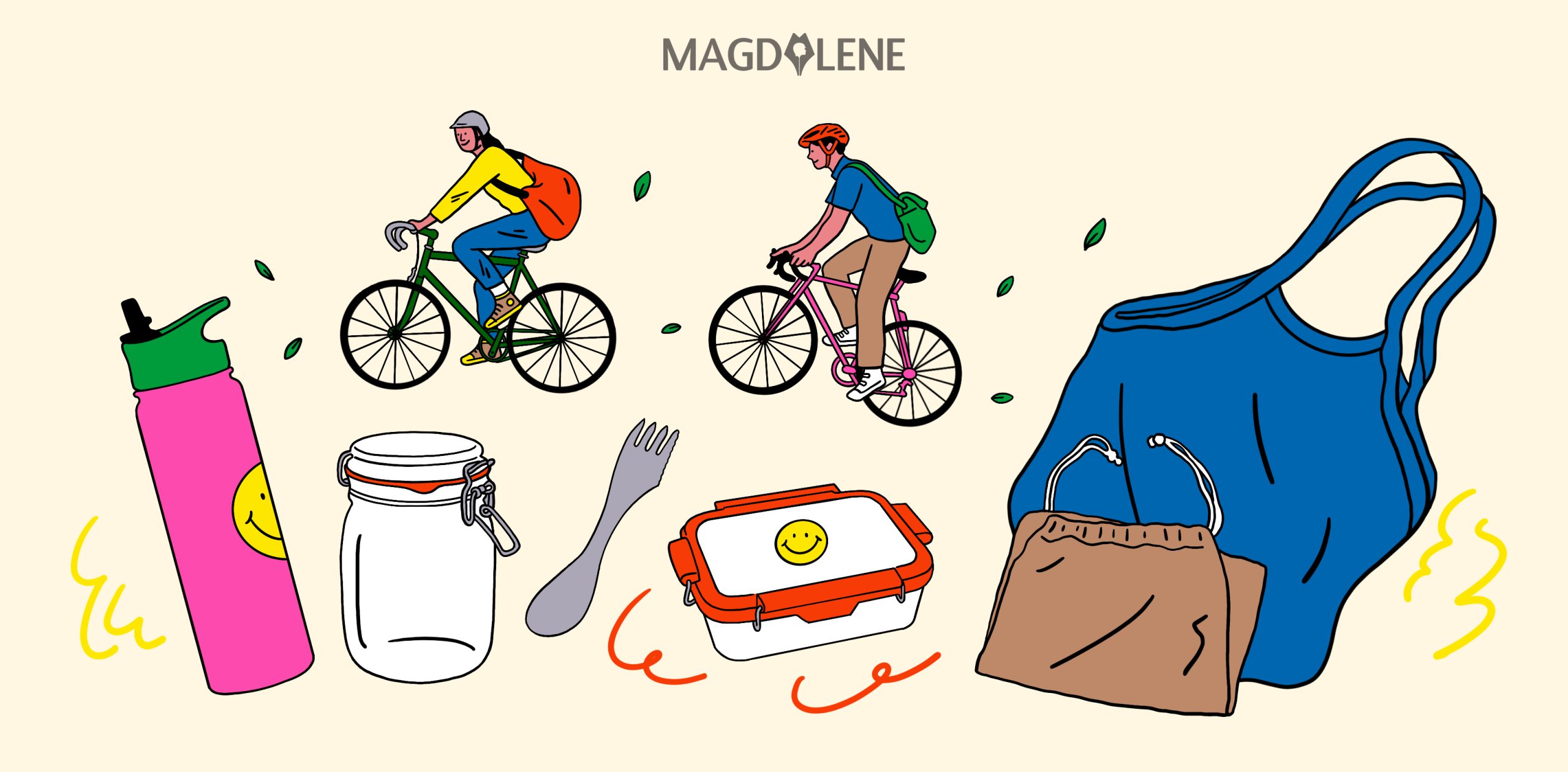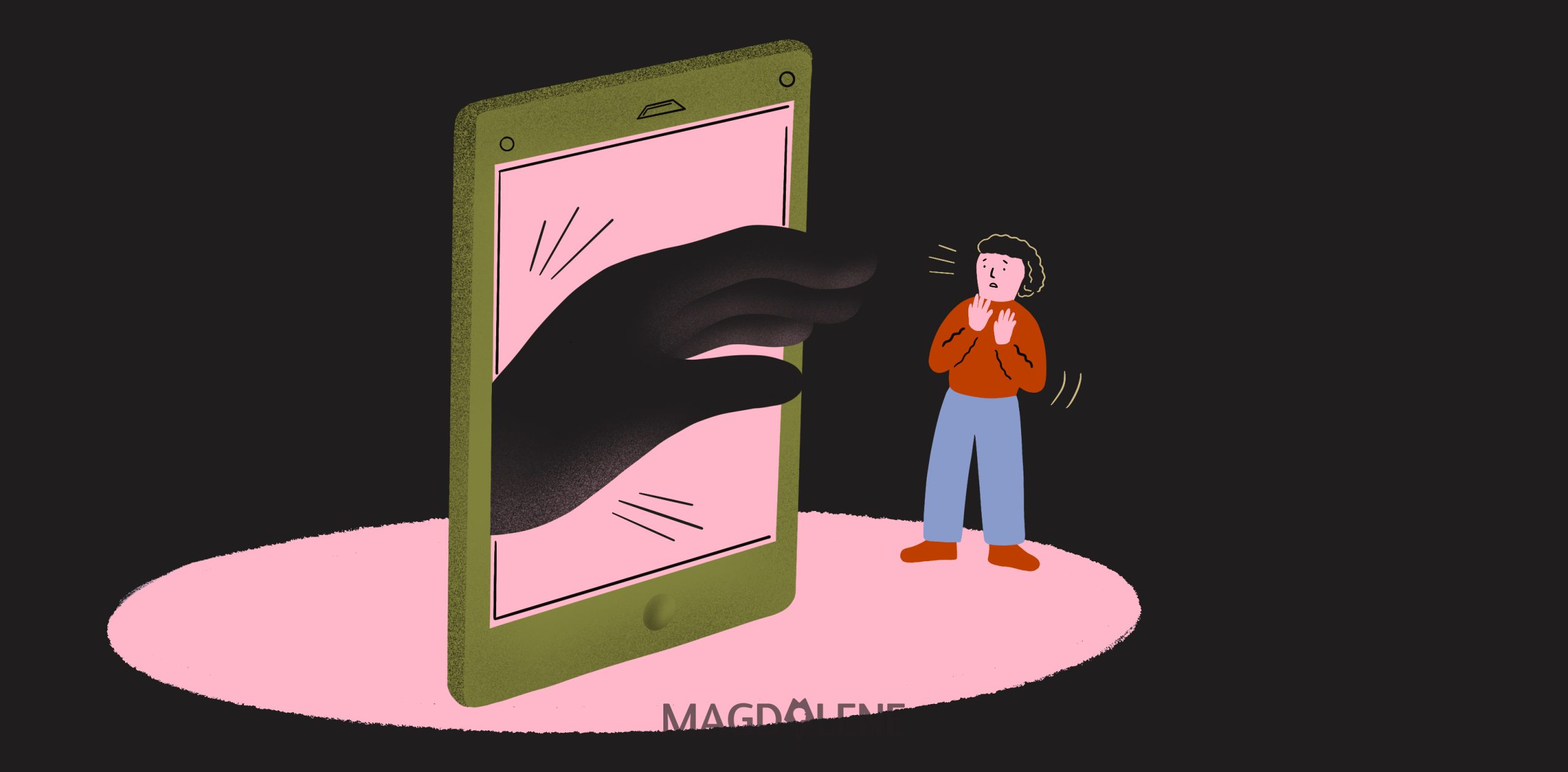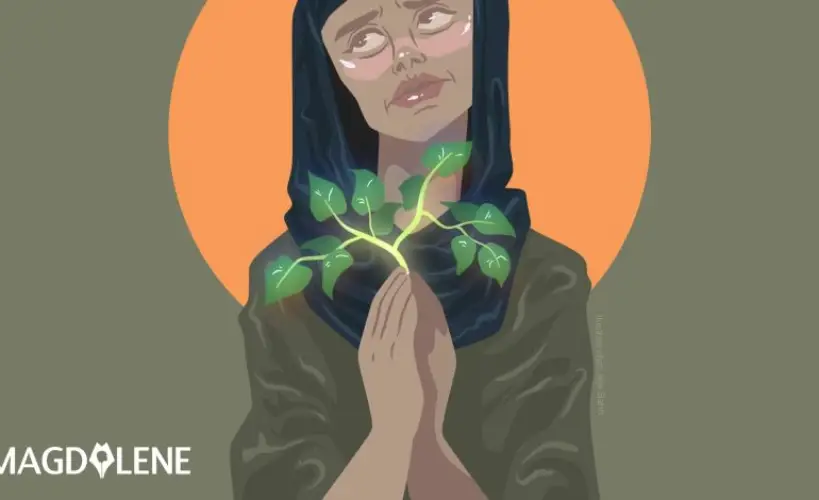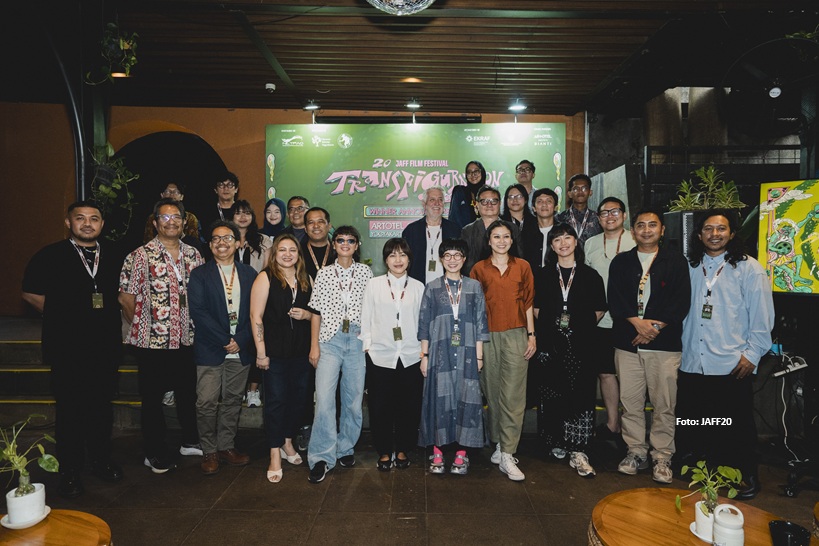Refugee Girls Find Happiness in Futsal
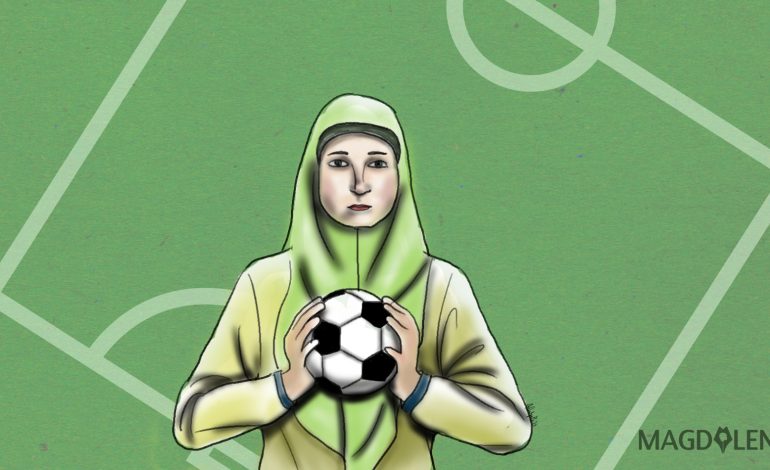
Imagine living a life in limbo for six, seven years or longer, during which you cannot attend school or work legally, until you are told where you can go to live. This is essentially what life as refugees is like.
But in Cisarua, West Java, a group of teenage girls from Afghanistan have found a surprising escape from the boredom and seeming hopelessness of their lives: futsal.
Twelve-year-old Banfsha Mudaber arrived in Indonesia from Herat Province in the western part of Afghanistan with her parents and four siblings in December 2013. They are ethnic Hazara, a minority group that has long been subjected to discrimination and persecuted for practicing Shia in the predominantly Sunni Muslim country. The Persian-speaking Hazaras look closer to Chinese or Mongol in features than they are to most Afghans. Under the Taliban, they were subjected to massacres and forced displacement
In recent years militias linked to the Islamic State of Iraq and Syria (ISIS) have continued their campaign of violence, including beheading locals in some parts of the country. Many Hazaras have been forced to seek refuge overseas, and some of them ended up in Indonesia as a transit place in their journey to find a safer place to live. They then apply for refugee status to the UN refugee agency, the UN High Commissioner for Refugees (UNHCR).
The Mudabers flew to Malaysia before continuing to Indonesia by boat together with some 24 other people. Like many of their countrymen, they settled temporarily in Cisarua, Bogor, about 80km away from Jakarta, while awaiting resettlement, which could take years.

Banfsha cannot attend a formal school. Every day from 6 A.M. to noon she studies at the Refugee Learning Center, which was set up with some international support by other refugees. To kill time, Banfsha and her 14-year old sister Nooria often played football with other kids.
Then 10 months ago, inspired by a recent friendly match of the boys’ football team, some girls from the Refugee Learning Center formed a football team. This was something unthinkable in their own country.
“Our parents did not allow us to play football at home because there were a lot of killing, kidnapping, and shooting. It just wasn’t safe,“ said Banfsha. And then there is also cultural barrier.
“Many families think that if girls play football, they are bad girls,” she added.
But eventually the parents allowed their daughters to play. The team later became a futsal team, which is an indoor version of the mini football.
Said Banfsha’s sister Nooria, 14: “It was my father who wants us to play football.”
On the day I visited them, the two were playing in a friendly match with a team from another refugees learning center. Nooria and Banfsha said they are passionate about futsal. Playing futsal makes them feel healthy and fresh.
The girls’ futsal team is led by Said Sadeq Akbari, 33, who had been a coach for the last 13 years. He used to coach a men’s football team in a sports center in Tehran, Iran. Akbari said he was happy with the progress of the girls’ futsal team.
“I coach the girls to make them healthy and to prepare them if they eventually decide to play futsal or football more seriously,” he said.
”They are good players, but if they have more facilities, they will get even better,” he added.
Life may be safer in Indonesia, where they don’t fear being massacred or beheaded by the militias, but it is not any easier, with limited money and a future that remains unclear. Since refugees cannot legally work, they often have to rely on their savings.
“As refugees, we could be here for four to five years, and we don’t have much money. We don’t know where the UNHCR will sent us,” said Banfsha, adding, “but wherever they send us, it will not be a problem.”
She told me her hopes for the future: “I want to become a writer or a journalist like you, because I want to know about refugees. I want to know what their problems are.”
Despite their hardship, they never lose hope and faith.
“Our purpose of coming here is to be safe and to have education. By having education we can improve our life,” said Nooria.
Read Wulan’s piece on the fight against homophobia in football.
Wulan Kusuma Wardhani is a media worker, a sports (particularly football) aficionado and a feminist. She’s also a contributor of womensoccerid.wordpress.com. Follow @csi_wulan on Twitter.





